Co-founder
Turri AI
Jan 2025 - current
Longevity, Wellness, Biohacking, Health, Data
Product Strategy
User Experience Strategy
Branding + Marketing
AI Integration
Achiteture
I first stumbled into the world of biohacking back in 2020, a few years before it became a mainstream obsession. What began as curiosity sparked by David Sinclair’s Lifespan quickly turned into a deeper exploration of how humans can work with their biology. At the time, biohacking was still a fringe pursuit reserved for scientists, researchers, and elite athletes.
As the field evolved, one thing became clear: we’re drowning in information but starving for insights. That’s where AI can change everything. I believe artificial intelligence should be integrated far beyond surface-level chatbots or recommendation engines. When designed with purpose, AI can extend human potential: helping us access, interpret, and apply scientific knowledge at a scale that was once impossible. It’s not about outsourcing our choices to machines; it’s about using AI to make informed choices faster.
Turri is my exploration of that idea: an AI-driven longevity companion designed to make self-experimentation, data synthesis, and personalized health insights accessible to everyone.
This isn’t a case study or a post-mortem. It’s a glimpse of what’s to come in 2026: a vision of how design, data, and intelligence can converge to help us live longer, healthier, and more meaningful lives.

It was 2020 - right when most of us were getting into sourdough and Tik Tok dancing - when I discovered longevity through David Sinclair’s Lifespan: Why We Age and Why We Don’t Have To.
The idea that humans already have built-in biological mechanisms to reverse cellular aging blew my mind. The science seemed relatively straightforward: cold exposure, hunger, and short bursts of intense activity trigger our ancient defense systems, which, in turn, give us the added bonus of anti-aging effects. Moreover, it seemed like we've discovered ways to shortcut to the benefits by tapping these same protective processes through various supplements and routines; all without having to starve, sprint, or shiver in 3°C water.
This notion of shortcuts (or hacks) is how I found myself in what has now been a 5-year-long biohacking experimentation. I've frequently found myself going down the rabbit holes, trying to find answers to questions like “How much NMN needed to boost NAD+ levels?, How much berberine should I take to mimic the effects of metformin? Should I continue intermittent fasting when I'm sick?
Every time, it was an ocean of conflicting studies, influencer advice, and anecdotal claims, and that’s where Turri’s story really begins.
Since that summer, biohacking has exploded. What began as a niche curiosity is now a global movement fueled by researchers, athletes, media, and everyday optimizers alike.
But with that growth came more chaos (cue the drumroll).
The field is now flooded with data, products, influencers, and unverified claims. Even Huberman's podcast is interrupted by sponsored longevity products every 40 seconds. Information is everywhere, but context, trust, and personalization are missing.
For most of us, the experience of “hacking” your own biology can be overwhelming, time-consuming, and speculative. It’s hard to track your own experiments or isolate which “hack” is actually driving results. On top, it gets expensive quickly; my own performance / sleep-optimization supplement stack - magnesium glycinate, glycine, L-theanine, L-thiamine, Omega and B-complex, adaptogens - runs close to $300 / month. Add cold plunges, sauna, continuous glucose monitoring, IV drips, and various supplements like NMN or berberine, and you’re easily spending thousands of dollars without clear evidence of what’s working versus what’s placebo.
Meanwhile, AI tools have given us unprecedented access to scientific knowledge. For the first time in history, we can instantly retrieve, analyze, and synthesize decades of research. That gives individuals enormous autonomy to make their own choices, guided by data rather than dogma.
And yet, most AI products in the longevity space today are little more than chatbots with a health vocabulary. You can ask whether intermittent fasting is right for you, but you’ll get a generic, one-size-fits-all answer. There’s no learning, no synthesis, and no personalization.
Turri.ai - named after a recently discovered immortal Jellyfish Turritopsis dorhnii - was created with a single mission in mind: extend human healthspan.
Achieving that requires more than just access to data; it requires a system built at the intersection of two underlying frameworks:

AI’s role in Turri isn’t to replace human decision-making, but to amplify experimentation, accelerate learning, and turn knowledge into meaningful action.
Without revealing too much of the secret sauce, Turri’s innovation comes from how it integrates these principles into three key layers:

So AI itself isn’t the product, it’s an accelerator and technology to help us deliver the ultimate product value.
Biohacking is no longer fringe: it’s a rapidly-growing, high-stakes industry. While some sources place the global “biohacking” market at around US $24.8B in 2024, it is projected to climb to roughly US $69B by 2030. Similarly, the broader artificial intelligence (AI) market is estimated at about US $390.9B in 2025, with the “AI in healthcare” sub-market alone expected to rise from roughly US $29B in 2024 to about US $39.3B in 2025.
What this means in plain terms: the intersection of “optimize my biology” + “AI-driven guidance” is becoming enormously scalable. We’re not just building a hobby product; we’re entering a domain where subscriptions, data monetization, personalized insights all become viable business levers.
So Turri’s model - subscription-based, AI-driven, longevity-focused - is well aligned with an unmet need: a high-trust, AI-agnostic system that consolidates biohacking, personalized data, and actionable guidance into one platform.
Today, Turri is in design and early development, supported by a small but growing team. It remains my passion project, fueled by curiosity, my background in science, and the idea that AI should make longevity more human, not less. But make no mistake: this is not a lifestyle side-gig. It’s built for a multi-billion-dollar market, with real upside if executed well.
If you’re interested in backing, collaborating, or simply want to stay in the loop, let’s talk! The journey is just beginning.